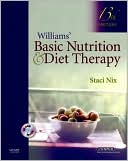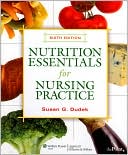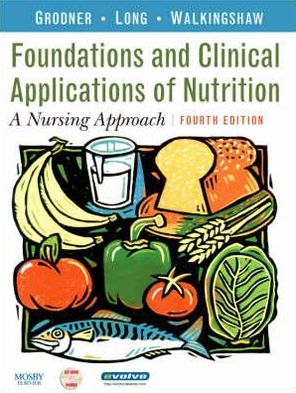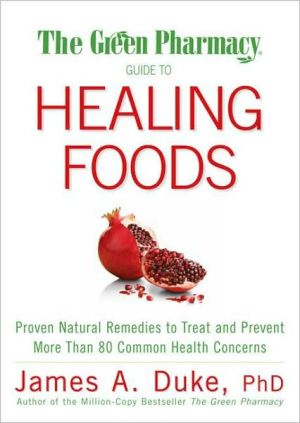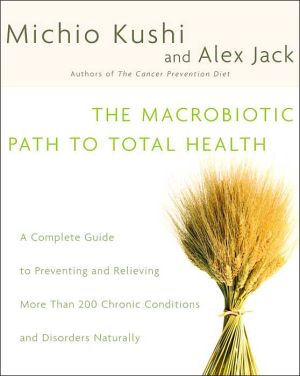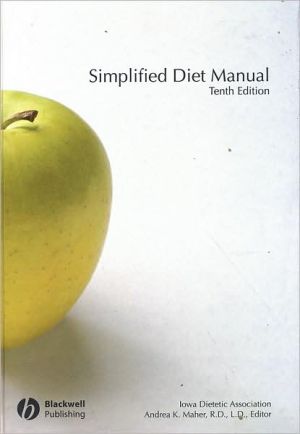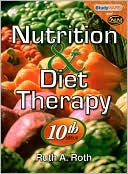Williams' Basic Nutrition & Diet Therapy
Search in google:
Part of the popular LPN Threads Series, Williams’ Basic Nutrition & Diet Therapy is the market leader for a reason: you get coverage of hot topics, emerging trends, and cutting edge research, plus all the essentials for providing the best nutrition care. Written in a clear, conversational style, the book begins with the fundamental concepts of nutrition and then applies those concepts to diverse demographic groups in different stages of life. You also learn how selected disease processes work, and how to help communities and individuals achieve health and healthy living. A free CD contains Nutritrac, a computer program that helps you analyze case studies and create customized client profiles.An engaging design includes colorful openers, illustrations, boxes, tables, and text layout. Clinical Applications and For Further Focus boxes highlight hot topics and analyze concepts and trends in depth. Case studies in clinical care chapters focus attention on related patient care problems. Key Concepts and Key Terms condense critical information into easy-to-find boxes. Diet therapy guidelines include recommendations, restrictions, and sample diets for a number of major clinical conditions. Cultural Considerations boxes discuss how a patient’s culture can affect nutritional concepts in practice. Challenge questions use true/false, multiple-choice, and matching formats to test your understanding of chapter content. Critical thinking questions challenge you to analyze, apply, and combine concepts. Chapter summaries put content into perspective in terms of the “big picture” in nutrition. Internet-based research and learning is emphasized and expanded throughout the text, citing key websites. Useful appendixes include information on cholesterol content, fiber content, cultural and religious dietary patterns, and more. A companion website contains case studies applying chapter content to real-life examples, 350 study questions for instant self-assessment, the most recent growth charts from the CDC, the ADA’s Nutrition Care Process, and links to online information sources. Mosby’s NUTRITRAC Nutrition Analysis and Weight Management CD offers the perfect clinical practice tool, letting you create customized personal profiles and analyze food intake and energy output — by using a database of more than 3,000 foods and more than 150 sporting, recreational, and occupational activities. Unique! Content threads share features with other LPN/LVN titles from Elsevier for a consistent learning experience. More than 50 new illustrations include more age and culturally diverse images as well as more illustrations of disease states.New assessment tools in the text include the Mini Mental State Examination, PAR-Q (Physical Activity Readiness Questionnaire), body composition measurement tools, and tools for energy requirement calculations. Drug-Nutrient Interaction boxes highlight potential adverse effects of specific medications. Updated statistics on diseases and conditions illustrate emerging trends and hot topics such as obesity and supplement use. Updated Choose Your Foods: Exchange Lists for Diabetes in the appendix includes new content for culturally diverse populations. A new figure illustrates the complex processes of digestion and metabolism. Water Balance chapter includes the DRIs for fluids and provides the water content of selected foods. Nutrition in Infancy, Childhood, and Adolescence chapter adds information on the growing problem of overweight and obese children. Weight Management chapter covers food misinformation and fads, addressing the dangers and the groups vulnerable to such misinformation. Gastrointestinal and Accessory Organ Problems chapter includes recent research on the pathogenesis of celiac disease along with the principles and selected foods of the gluten-free diet for treatment. Coronary Heart Disease and Hypertension chapter is updated to follow the now-standard Therapeutic Lifestyle Change (TLC) diet to treat hypertension. Surgery and Nutritional Support chapter includes considerations and diets used in treatment for the post-bariatric surgery patient. Doody Review Services Reviewer:Amy Hess-Fischl, MS, RD, LDN, BC-ADM, CDE(University of Chicago Medical Center)Description:This is a welcome update of a complete introductory overview of nutrition and its application to the human body. The previous edition was published in 2005.Purpose:The purpose is to explain basic nutrition principles and their application in an easy-to-understand method. The book does just that and makes it very easy for beginners to understand all the topics quite well.Audience:The book is intended primarily as an introduction for vocational and associate degree nursing students and dietary aides, and it is perfect for these groups. However, it also is an excellent introduction for any individual interested in nutrition. Features:The four parts include an introduction to the basic principles of nutrition science, nutrition through the life cycle, community nutrition, and clinical nutrition. Each chapter contains key concepts, basic definitions, cultural considerations, and a summary as well as critical thinking questions and chapter challenge questions. Many text boxes contain more information about selected topics, such as key sources of each vitamin and mineral. The chapters are visually appealing and easy to navigate. The appendixes are very helpful, including key nutrient sources, as well as the Exchange Lists for Diabetes Meal Planning and the Eating Well with Canada's Food Guide. The book comes with a CD-ROM of Nutritrac Version IV, a program to calculate food intake and energy expenditure. Finally, there is a free Internet resource that students can use that includes additional case studies and questions to gain further insight into each topic. Assessment:This is an excellent introductory textbook for healthcare professionals and others interested in nutrition and this edition is a much-needed update.
Part 1 Introduction to Basic Principles of Nutrition Science1. Food, Nutrition, and Health2. Carbohydrates3. Fats4. Proteins5. Digestion, Absorption, and Metabolism6. Energy Balance7. Vitamins8. Minerals9. Water BalancePart 2 Nutrition Throughout the Life Cycle10. Nutrition during Pregnancy and Lactation11. Nutrition in Infancy, Childhood, and Adolescence12. Nutrition for Adults: the Early, Middle, and Later YearsPart 3 Community Nutrition and Health Care13. Community Food Supply and Health14. Food Habits and Cultural Patterns15. Weight Management16. Nutrition and Physical FitnessPart 4 Clinical Nutrition17. Nutrition Care18. Gastrointestinal and Accessory Organ Problems19. Coronary Heart Disease and Hypertension20. Diabetes Mellitus21. Renal Disease22. Surgery and Nutritional Support23. Nutrition Support in Cancer and AIDSAppendixesA. Cholesterol Content of FoodB. Dietary Fiber in Selected Plant FoodsC. Sodium and Potassium Content of Foods, 100 g, Edible PortionD. Salt-Free Seasoning GuideE. Choose Your Foods: Exchange Lists for DiabetesF. Eating Well with Canada’s Food GuideG. Calculation Aids and Conversion Tables H. Cultural Dietary Patterns and Religious Dietary PracticesAnswers to Chapter Challenge QuestionsGlossary
